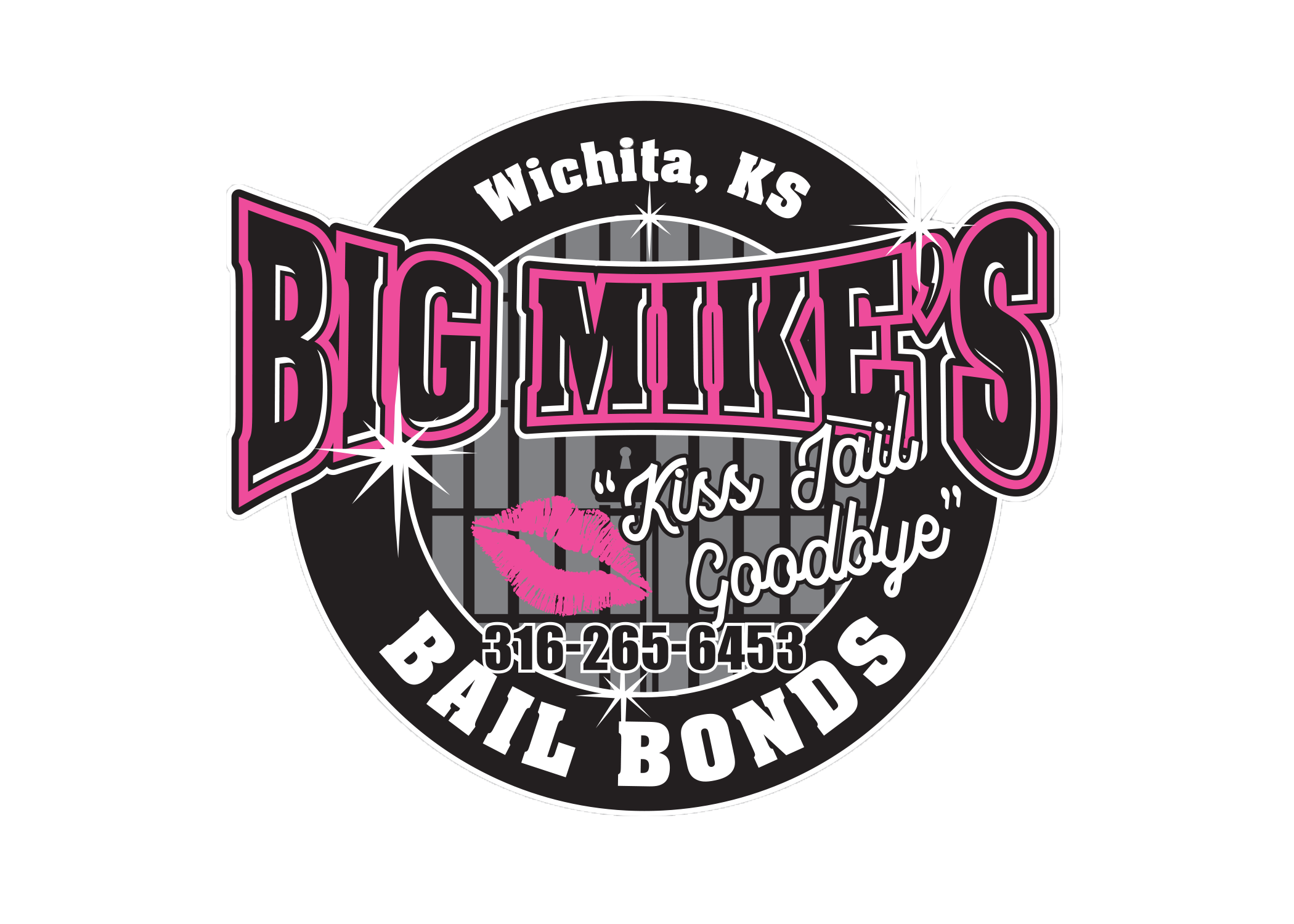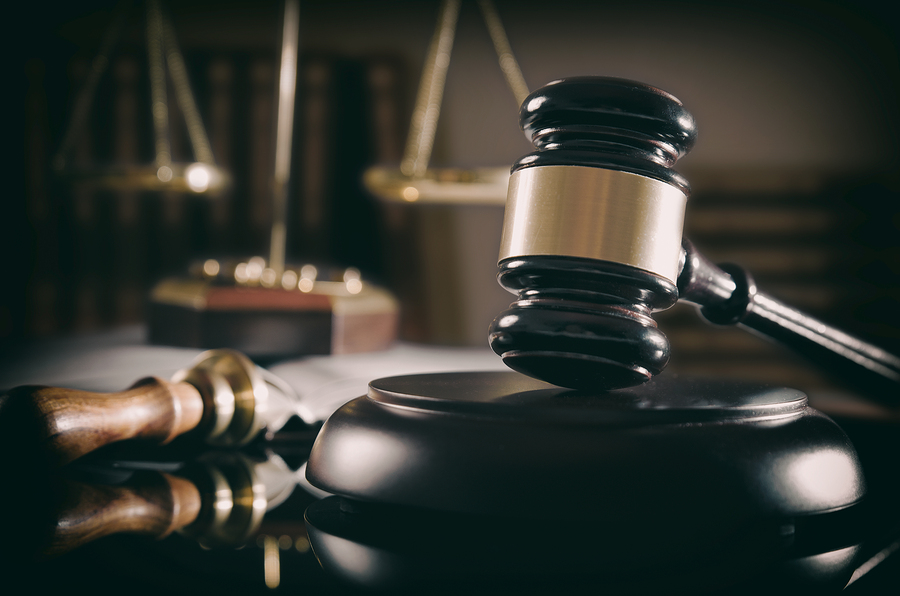What is Kansas Bail Bond Exoneration?
When someone is arrested and taken to a police station the officers fingerprint them and then one of two things can happen. The individual can be released on their own with the responsibility to return for the court date, or the judge can order the person held until they can post a pre-established bail amount. The last step in the process is an exoneration, which means the case is over. When a bond is exonerated, the bail bond agreement has been fulfilled.
After an Arrest:
One of the first things that happen after an arrest is a hearing to determine the conditions of release. The judge has discretion to do a number of things including:
• Decide to release the person on their own recognizance until their official court date
• Set a bail amount that the person must pay before they are released from custody
The amount the judge sets depends on some factors including employment history, past criminal history, ties to the community, and factors that may impact whether the person will return for their scheduled court appearance. The individual can either remain in jail until the court appearance or pay the pre-determined amount.
Bail Bond Exoneration
The judge exonerates the bond after the accused appears in court. The person who guarantees the funds is no longer responsible for ensuring the individual’s appearance and receives their money back. Judges exonerate all bonds at the end of the case whether the verdict is guilty or not guilty. Exoneration occurs at the same time the judge announces the verdict. If you have more questions about your case, bail bond status, or court information, call Big Mike’s Bail Bonds today or send us a message here. Our helpful staff will help you find the answers you are looking for.

